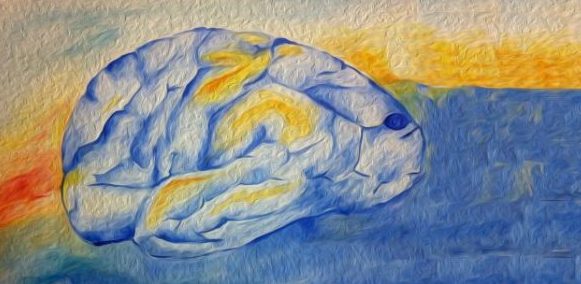Theoretical neuroscience
Theory of spike initiation, sensory systems, autonomous behavior, epistemology
Editor Romain Brette
Levels and loops: the future of artificial intelligence and neuroscience (1999)
Anthony J. Bell
PubMed: 10670021 DOI: 10.1098/rstb.1999.0540
This is an interesting epistemological paper which discusses two important ideas in neuroscience. One is the ubiquity of loops. For example, the output of one neuron ultimately influences its own inputs because of cycles in synaptic networks. Sensory signals drive action, and action changes sensory signals. The same loops are seen at all levels (molecular, etc). The interdependency of all elements of a living system makes reductionist accounts inappropriate. One of these accounts is the coding metaphor, in which neurons are presumed to encode properties of the world, in a feedforward way (see my essay on the coding metaphor).
The second idea is a criticism of the computer metaphor of the brain, or of living systems in general. More specifically, in Bell’s words: “the prevalent tendency to view biological organisms as machines in the exact technical sense in which computers are machines, i.e. in the sense that they are physical instantiations of finite models which do not permit physical interactions beneath the level of their machine parts (e.g. the logic gate) to influence their functionality”. Empirically, we find interactions between and across all levels, and this makes the machine metaphor not very insightful.
